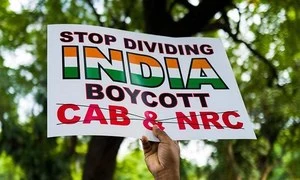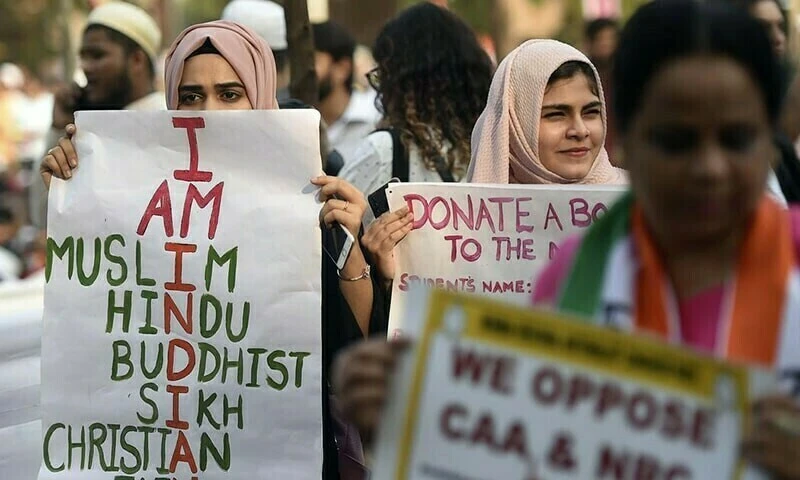India's CAA implementation Controversy arised when the sitting government of India announced the implementation of the Citizenship Amendment Act (CAA) just weeks before the general elections in 2019, a move spearheaded by Prime Minister Narendra Modi to secure success in the elections.
Citizenship Amendment Act Overview
Citizenship Amendment Act Overview
The Citizenship Amendment Act grants Indian citizenship to Hindus, Parsis, Sikhs, Buddhists, Jains, and Christians who migrated to India from Muslim-majority countries such as Afghanistan, Bangladesh, and Pakistan before December 31, 2014.
Unrest and Protests
Unrest and Protests
After the introduction of this law in December 2019, protests and sectarian violence erupted in New Delhi and other places, leading to numerous fatalities and injuries. The Modi government did not establish the principles for the implementation of this law amid ongoing disputes and conflicts for several days caused India's CAA implementation Controversy

Government Announcement
Government Announcement
A spokesperson from the Prime Minister's office conveyed in a text message that the Modi government has announced the implementation of the Citizenship Amendment Act. It was stated that this was an essential part of the BJP's 2019 electoral manifesto and would facilitate Indian citizenship for the stranded people, streamlining the citizenship process for them.
Application Process
Application Process
According to the Ministry of Home Affairs spokesperson, under the rules of the Citizenship Amendment Act 2019, eligible individuals would be able to apply for Indian citizenship, and these applications would be collected online through a web portal.
Opposition Concerns
Opposition Concerns
On the other hand, Muslim groups opposing this law fear that it could lead to discrimination against India's 200 million Muslims and expressed concerns that the government could revoke the citizenship of Muslims in some border states without documentation.
Government's Justification
Government's Justification
The government's position is that this law is not anti-Muslim but is necessary to assist minorities facing persecution in Muslim-majority countries. The ruling Bharatiya Janata Party (BJP) states that the purpose of this law is to grant citizenship, not to take it away from anyone, and argues that the previous protests were politically motivated.
Outlook for Upcoming Elections
Outlook for Upcoming Elections
Since assuming power in 2014, Narendra Modi has seen an increase in popularity due to various developmental and agrarian projects, while simultaneously maintaining a tough stance on national security issues. Various surveys and public opinion so far suggest a strong possibility that despite India's CAA implementation Controversy they will secure a comfortable majority in the upcoming general elections scheduled to be completed in May.
Related Post:

